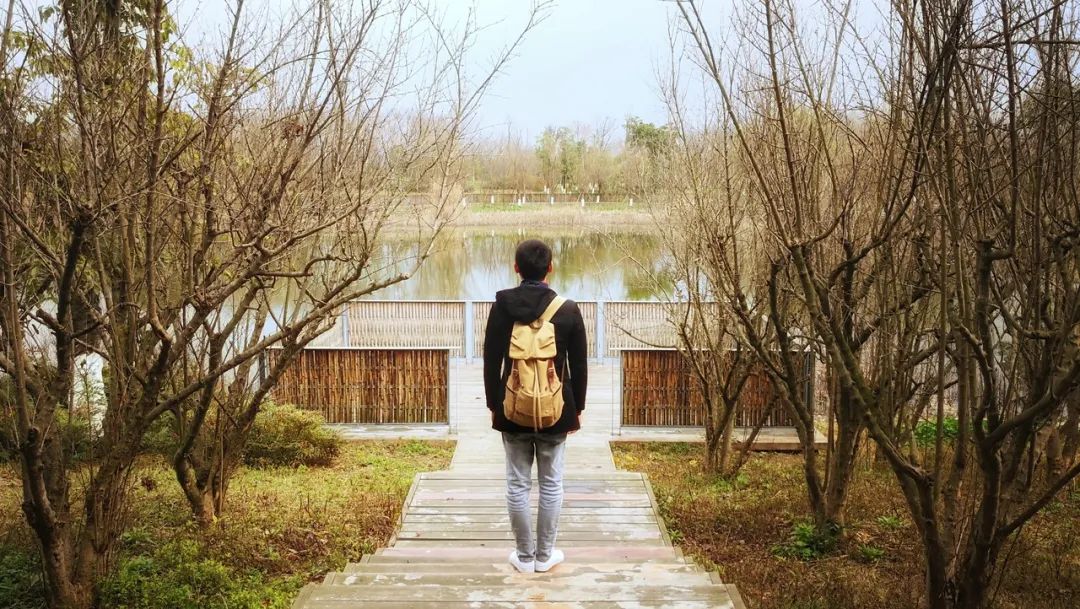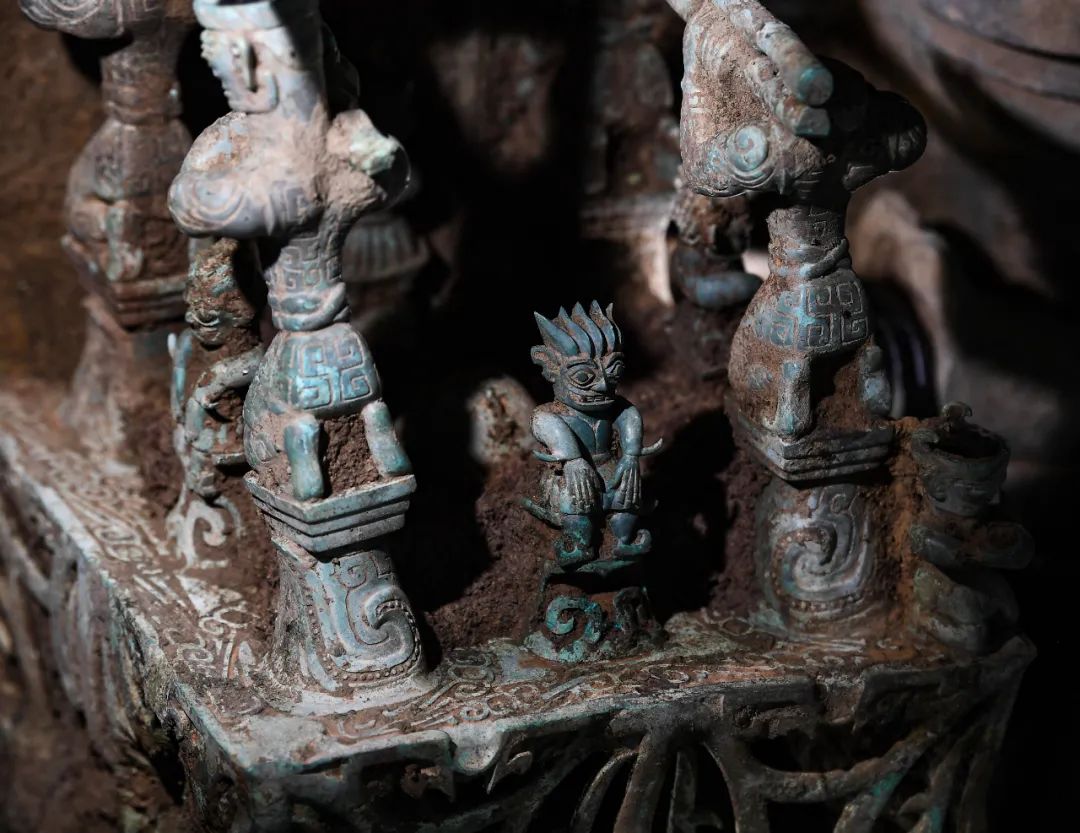He Chang: Jingwenwei Wu reports Jiabang
Author:Red Culture Weekly Time:2022.07.03
He Chang: Jingwenwei Wu reports Jiabang
Luliang, Shanxi has been a hot land from heroes since ancient times. Located in the Cemetery of Hechang Martyrs in the southwest of Liulin County, Luliang City, a monument silently explained the history of the hero.
He Chang, born in 1906, was born in Liulin Town (now Liulin County), Shi County, Shanxi Province. In 1919, 13 -year -old He Chang wrote "The Song of Ambition" - "Carrying the pen and carrying the gun, and the martial arts of Wenwei.

In May 1921, He Chang and Gao Junyu jointly created the first socialist youth group organization in Shanxi, and later served as Secretary of the Taiyuan Local Executive Committee of the Youth League. In 1923, He Chang transferred to the Communist Party of China and entered Shanghai University in the summer of the same year. He has been engaged in youth and workers in Taiyuan, Anyuan, Beijing, Tianjin, Shanghai and other places, and was elected as the third and fourth Central Committee of the Communist Youth League. In the meantime, He Chang wrote articles such as "The Struggle for the Five Years of the Chinese Communist Youth League" and "Young Student and Workers' Movement" for "Chinese Youth", which theoretically expounds the significance of the combination of the youth movement and the workers and peasants movement. He subsequently participated in the organization and launching three armed uprising of Shanghai workers, and was one of the heads of the Jiangsu and Zhejiang District Committee of the Communist Party of China.
In January 1926, He Chang participated in the Congress of the International Communist Youth League in Moscow as a representative of the Chinese Communist Youth League.
In mid -July 1927, He Chang was designated as a member of the former enemy commission of the Communist Party of China. He participated in the Nanchang Uprising in August and later participated in the organizational preparation of the Guangzhou Uprising. In 1928, He Chang participated in the reconstruction of the Hunan Provincial Party Committee of the Communist Party of China, selected cadres, transported materials, and supported the struggle of the Jinggangshan Revolutionary Base. He was selected as the Fifth and Sixth Central Committee of the Communist Party of China.
In the summer of 1929, He Chang was the secretary of the Guangdong Provincial Party Committee of the Communist Party of China, and in charge of the work of the party in both Guangdong and Guangxi and Hunan to assist Deng Xiaoping planned a hundred color uprising. In the spring of 1930, He Chang was the secretary of the North Bureau of the Central Committee of the Communist Party of China. He has organized Tangshan's mutiny and several armed riots, and because he did not establish a consolidated revolutionary base, he failed under the attack of strong enemies. The following year, He Chang went to the Central Soviet Area. Later, he participated in the battle and other campaigns of Nanxiong, and anti -"encirclement" in the Central Soviet Area. He attached great importance to the construction and political education of the army, and assisted Wang Jiaxiang to host the first national political work conference of the Red Army.
After the main Long March of the Central Red Army in 1934, He Chang stayed in Jiangnan to persist in guerrilla war. In order to cover the main force, he had led a troops to fight against the enemy, injured his right leg, and still insisted on command. After being siege by the enemy, the situation was critical. He Chang encouraged everyone: "Not only must they be the heroes during the victory, but also the heroes when they are in trouble. The real hero is tested in difficulties."
In March 1935, He Chang led a breakthrough in Guangdong and Jiangxi. On the 10th, he sacrificed heroically in the battle with the Kuomintang Army in Huichang, Jiangxi. He was only 29 years old.
Chen Yi, the main leader of the three -year guerrilla war in the southern year, wrote in the poem "Crying Ruan Xiaoxian, Comrade He Chang": "Looking at Comrade, Ruan He is called Xian. The master and politics see the majesty. Mourning and breaking through, I have to be alive alone. "I pinned my deep sorrow for comrades such as He Chang. (Xinhuanet)
- END -
The results of the college entrance examination come out, please hug the silent child

Author: Insight · Annabe SuThe children who are accompanied by a dozen years are ...
major discovery

On the 13th, the Sichuan Provincial Institute of Cultural Relics and Archeology an...